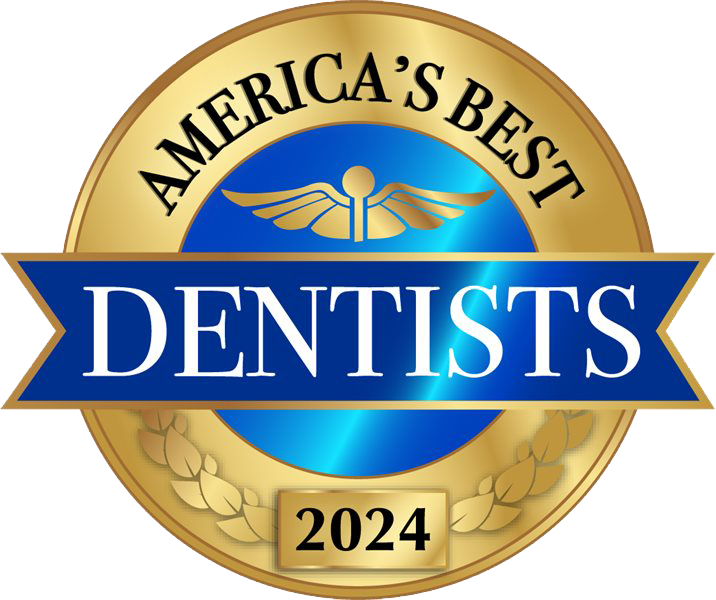Is Acid Reflux Damaging Your Teeth?
Many patients are surprised to learn that undiagnosed acid reflux is damaging their teeth. Acid reflux is a common health problem that develops when the acid in the stomach begins to leak into the esophagus. Regurgitation and heartburn are both common indicators of acid reflux; however, it is possible for no symptoms to appear and the disease to go completely undiagnosed.
Is acid reflux affecting your oral health and increasing your probability of developing periodontal disease?
The Damages of GERD
If you have been diagnosed with gastroesophageal acid reflux disease, or GERD, your dental health could be at risk. GERD causes stomach acids to back up into the esophagus and sometimes into the mouth. Patients suffering from GERD are at a higher risk for developing severe damage to the throat, including developing esophageal cancer.
Your dentist may be the first health care professional to notice signs and symptoms of acid reflux in a patient. Tooth erosion or other oral signs, including sinus infections, heartburn, difficulty swallowing, and bad breath are all common indications of GERD that your dentist may detect.
Symptoms of Acid Reflux
The most common symptom of acid reflux causing enamel erosion is persistent pain and sensitivity in the mouth. Many patients find it difficult to eat or drink certain items that are sweet, hot, and cold. Feeling the inside of your mouth with your tongue can also reveal sharp edges to the teeth.
General symptoms of acid reflux are:
Heartburn
Chest pain
Sensitive teeth
Tooth erosion
Discolored or see-through tongue
Difficulty swallowing (dysphagia)
Persistent dry cough
Sore throat
Rough or hoarse voice
Regurgitation of food or a sour liquid (acid reflux)
The feeling of a lump in your throat
Signs Acid Reflux Is Damaging Your Teeth
Regurgitation and heartburn are both indicators of acid reflux, but sometimes, symptoms can go undetected. Acid reflux can wear away the enamel on the inside surfaces of your teeth, as well as the chewing surfaces. Your dentist may spot signs of enamel erosion during regular dental checkups.
Common indications of acid reflux damaging your teeth are:
Enamel Erosion
Persistent pain
Tooth sensitivity
Tooth discoloration
Sharp tooth edges
Protecting Your Teeth and Getting Relief
If you suffer from acid reflux, visiting your dentist regularly will help to keep your teeth healthy. Other ways to protect your teeth from acid erosion include:
Sugar-Free Gum – Chewing sugar-free gum can encourage saliva production. Saliva helps to neutralize and wash away acids in your mouth. When selecting a sugar-free gum, look for one with the ADA Seal of Acceptance.
Avoid Alcohol – Avoiding alcohol and tobacco products may reduce the frequency of acid reflux.
Eat Smaller Meals – You can lower your risk of acid reflux by eating smaller meals.
Changing Your Diet – Eliminate trigger foods and drinks, including tomatoes, citric fruits, chocolate, coffee, garlic, onions, and foods that are spicy, acidic, or high in fat.
Talk With Your Physician – If you are suffering from heartburn and other uncomfortable side effects of acid reflux, discuss your concerns with your physician to treat the underlying causes of your symptoms.
How Your Dentist Can Help
Loss of tooth enamel is permanent and can increase your risk of developing tooth decay. GERD can cause other long-term damage, including irritation and inflammation of your esophagus, making you more susceptible to developing esophageal cancer.
Regular oral exams from a dentist are vital to maintaining your tooth enamel. Your dentist is trained to detect early symptoms of potentially dangerous conditions before they progress. More than 90% of systemic diseases have oral manifestations that can be detected by a dentist during an exam. Call Cherrywood Dental Associates today if you have identified any of the signs of symptoms of GERD.
All Rights Reserved | Cherrywood Dental Associates
781-469-0771
301-973-6160
Website designed and maintained by Xpress, INC

